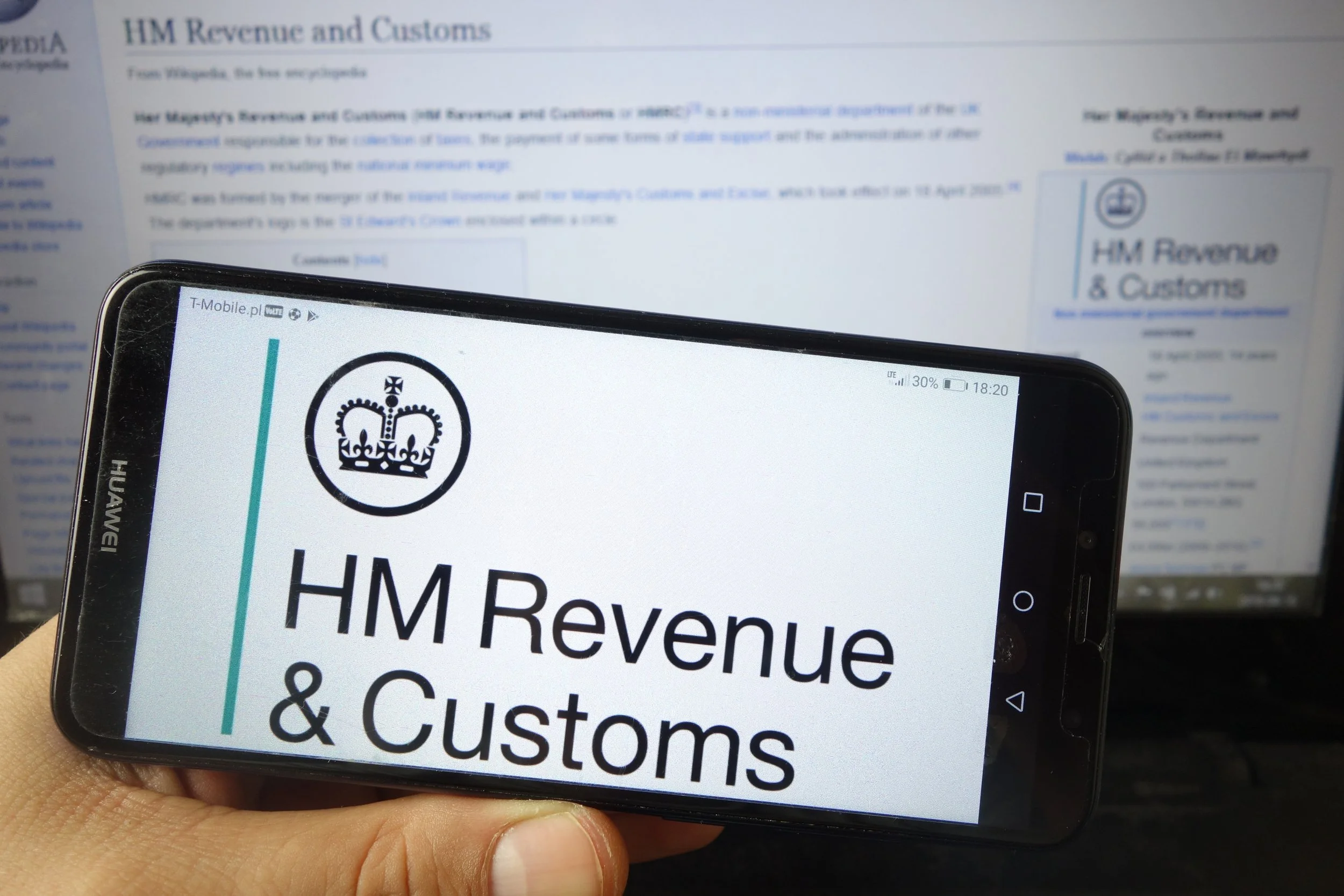What happens in an HMRC investigation?
An HMRC investigation is an examination of your tax affairs as an individual or a business. These investigations can be entirely random checks, or there might be something unusual in your tax returns that has triggered it.
What triggers an investigation
HMRC carry out routine tax audits every year, so your accounts may simply be chosen at random to check compliance.
However, there are certain signs that can alert HMRC to consider your tax affairs, such as:
· Under-declared tax
· Late filings
· Failure to maintain proper records
· Large fluctuations in margins
· Lack of profitability for long periods
Whatever circumstances have triggered the investigation, it’s a good idea to get lawyers on board at an early stage to help you respond to HMRC, and prepare a plan of action.
What happens during an investigation
Notification: You’ll first know about an investigation by HMRC when you’re notified by a formal letter. This will set out the scope and nature of the investigation and it may request certain information or documents from you. You should respond to this letter quickly and accurately, and you will probably need the help of your accountant to collate the relevant information.
Review: Then HMRC carry out an audit of your tax position. This includes reviewing your tax records and analysing your transactions. HMRC will look at things like your self-assessment tax return, your company tax return, your PAYE records, and your VAT returns, depending upon what is relevant to you.
In some circumstances, they may interview company directors and your accountants at this stage. This is not a criminal investigation, so it’s not necessary to have lawyers present for those interviews, but it can be a good idea to help to protect your position.
Information requests: HMRC will continue to request information from you throughout their investigation. They can visit you at your home, or your business premises, or at your accountant’s office. It’s important that you comply with any requests for information as quickly, fully, and accurately as possible.
Payment / settlement: If the inspectors find that you owe tax, they will calculate the payment, together with any penalties and interest. They will communicate their findings to you in a letter, and let you know what they expect you to do.
Once you have agreed the settlement and paid any shortfall (plus penalties and interest) the investigation is closed.
Appeal: You have the right to appeal the decision if you disagree with the outcome.
Outcomes of tax investigations
HMRC will primarily be interested in recovering the shortfall of what they think is owed, plus penalties and interest. However, if you, or the company, do no have sufficient funds in cash, they can also use powers to:
· Freeze your account
· Seize or confiscate goods
· Begin insolvency proceedings
· Serve a winding up petition on the company
In some circumstances, directors can be disqualified as a result of HMRC’s findings.
How to manage an investigation
The best approach is to co-operate fully with the investigation. Disclose the relevant information as soon as possible, and don’t try to conceal anything. If you fail to co-operate, it could turn into a criminal investigation.
Instructing solicitors early in the process can help you to manage the investigation. Your communication with lawyers will be covered by legal professional privilege, which means that they won’t need to be disclosed to HMRC. That allows us to be a filter between you and HMRC.
We can also negotiate on your behalf, and draft correspondence that keeps you in the best position in the investigation. We will advise you on the next steps and help you to achieve a favourable outcome.
You will also want your accounts on board, and they can help you to locate the correct documents, and assess the HMRC’s view of what they think you owe.
If you’ve been notified of a tax investigation, please get in touch. Our expert lawyers can help you manage the investigation, negotiate with HMRC, and get the best outcome for you.
Contact us today, we work on both privately funded and serious Legal Aid cases across Leeds, Bradford, Halifax, Wakefield, Huddersfield, Keighley and across West Yorkshire and the UK.
0333 3448377 | info@harewoodlaw.com


